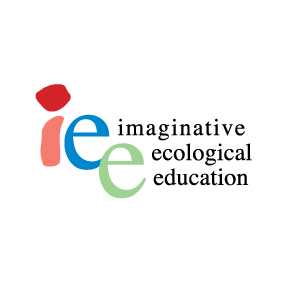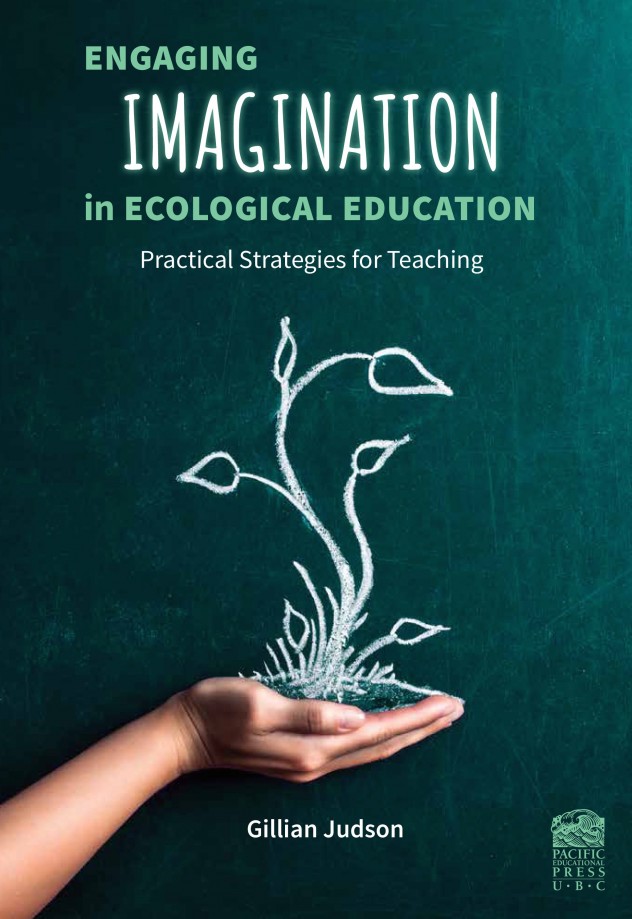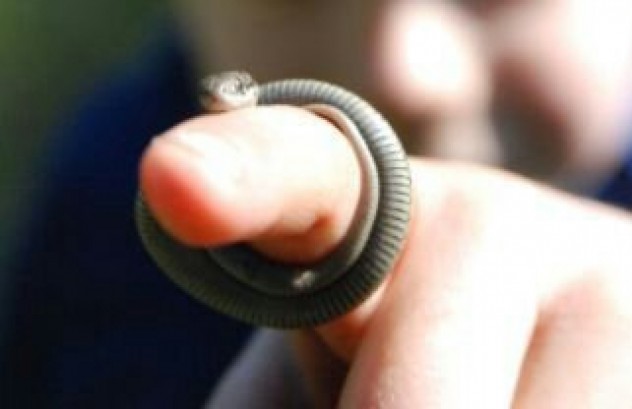Human beings are not refrigerators.
Industrial metaphors continue to shape the way we talk and think about education. This is a problem. Why? Because there’s no way approaches to teaching/planning that are inspired by factories and assembly lines can support ecological understanding–that sense of one’s implicatedness in all life and the care and concern to do something about it.
What is Imaginative Ecological Education?
Imaginative Ecological Education, or IEE, conceives of teaching and learning as a place-based practice of WEAVING. Imaginative ecological educators are weavers.
3 principles shape IEE practice
FEELING: Use cognitive tools to tap into your students’ imaginative lives. IEE is a practice tied closely to Kieran Egan‘s theory of Imaginative Education and the work of the CIRCE.
ACTIVENESS: Use the body’s learning tools to deepen understanding of all topics in the curriculum K-post-secondary.
PLACE: Use place-making tools to learning with/in Place. Deepen understanding of the affordances of Place to support learning and engage students.
Review the principles on the IEE website.
Easy Ways To Learn More About IEE 
Visit the IEE section of imaginED for a range of blogs, projects and practices!
 Look at IEE in PRACTICE! Check out the WALKING CURRICULUM (subscribe for FREE if you want the next instalment delivered to your email), the Eco-story project, activities that support bodily engagement, or K-12 IEE teaching tips.
Look at IEE in PRACTICE! Check out the WALKING CURRICULUM (subscribe for FREE if you want the next instalment delivered to your email), the Eco-story project, activities that support bodily engagement, or K-12 IEE teaching tips.
I had the great pleasure of contributing an ARTICLE to the latest edition of Green Teacher magazine. The article describes how we might conceive of teaching as weaving and of teachers as story-tellers. It also introduces the specific practical dimensions of an ecological and imaginative pedagogy that all teachers can use (all topics, all ages). It is a synopsis of my NEW IEE RESOURCE BOOK for teachers interested in implementing IEE (pictured here).
Get in touch!
Leave a comment: What do you do to engage imagination in the natural world?

